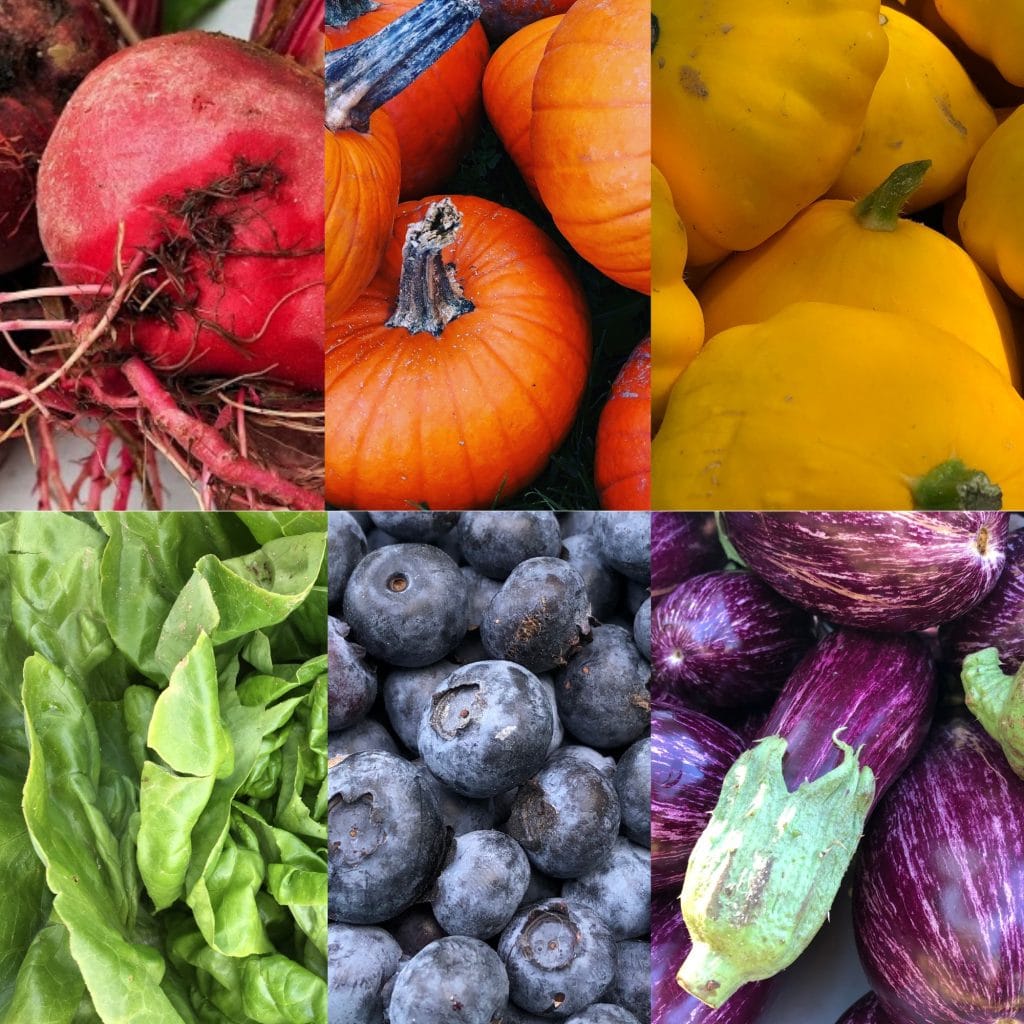By: Julia McPherson, RDN, LD
There is a lot of buzz around nutrition, especially at the beginning of a new year. These days, everyone seems to be an expert on nutrition – but in reality, an entire profession is dedicated to understanding and explaining the complex science of nutrition to the public.
Here are three things that a real registered dietitian wants you to know*:
1. Carbohydrates are NOT “bad” foods
Carbohydrates, or carbs, are our bodies’ preferred form of fuel. This is the most energy efficient form of fuel. When carbs get broken down in our body, the sugar can be used as energy in our brain or stored in our muscles and liver. Even with diseases like diabetes, carbohydrates are still a crucial part of our diet. Carbohydrates, especially foods with fiber and wholegrains, are good for our energy levels, fullness and satiety and our gut regularity. Don’t be afraid of carbohydrates and be sure to enjoy your City Fresh sweet potatoes, yellow potatoes, butternut squash and fresh corn.

2. Eating the rainbow is pretty magical
The wide variety of colors in fruits and vegetables are because of certain “phytonutrient chemicals”. Simply put, components in the food make the food a certain color AND provide different health benefits. You’ve probably heard the saying, “eat your carrots so you have healthy eyes!”. This phrase our grandmothers used to tell us is actually (somewhat) based in science! Vitamin A and Carotenoids, which give a warm yellowy orange color, are crucial in healthy vision and preventing vision loss.
While most people tend to have one or two go-to vegetables during the hectic work week, adding a veggie or fruit of a different color into the mix can make sure that the wide band of nutrients from all the colors of the rainbow are in our diet. For example, if you are on a City Fresh Kale smoothie kick and only eat that every morning, you might be eating less Vitamin C and Vitamin A because you skipped out on having a City Fresh Apple and Orange slices with your breakfast.
In many instances, people tend to focus on cutting out food groups or decreasing the food we eat. However, a more sustainable change to make to your eating would actually be to ADD IN fruits and vegetables.
The whole rainbow of nutrients are important in different ways. In many instances, people tend to focus on cutting out food groups or decreasing the food we eat. However, a more sustainable change to make to your eating would actually be to ADD IN fruits and vegetables. Instead of worrying about how to eat less, try adding in snacks of fruits and vegetables, maybe an apple and peanut butter or adding a side of baked broccoli to your dinner meal. This will provide you with more fiber, vitamins and minerals and could keep you fuller and more satisfied throughout the day.

3. Diets don’t work
It seems like every season there is a new diet making headlines. Some of these boast significant weight loss, some of them boast higher energy. Many studies show that these restrictive diets simply do not work long term. The “success rate” of people losing X amount of weight and keeping it off for an extended period of time is < 5%. Less than 5%! That means that 95% of us who have tried a restrictive diet and tried to “be good” have ultimately “failed” at changing our bodies in a specific way long term. What diet culture and the health magazines try to tell us is that the lack of success with a restrictive diet is the individual’s fault, though we can see that across the board in these studies, it is in fact very rare to change your body drastically through highly restrictive eating.
A field of nutrition called Health At Every Size (HAES) is about promoting health positive behaviors without focusing on numbers, weight loss, or before and after pictures. HAES, along with Intuitive Eating, are two topics that have countless dedicated Dietitians and Physicians behind them and could be discussed for pages and pages. We can engage in health promoting and disease preventing activities – like moving our bodies in ways that feel good, staying hydrated, adding in fruits and vegetables (like from a City Fresh Share?!) – WITHOUT focusing on the scale.
If you have nutrition related questions, absolutely reach out to a Registered Dietitian in your area. Many outpatient education hospitals have 1:1 counseling and could be covered under your insurance. Look for a credential looking like “RDN,LD” to ensure you are talking to a reputable source.
*the following topics are general advice; for individual counseling please reach out to a medical professional for personalized care